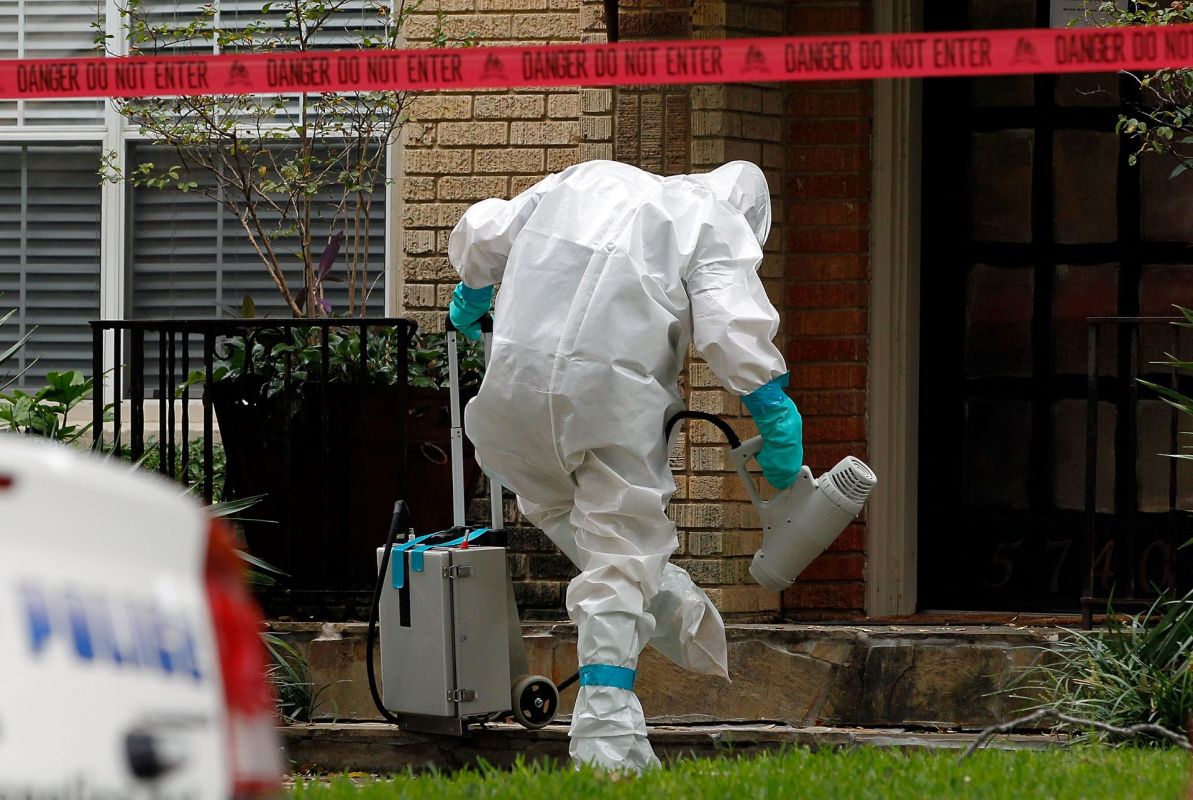A 2022 study published in the Nature Climate Change journal predicted that 58% of all known pathogens that affect humans will be made worse by global heating.
Study leaders described the data as "shocking," but there are still steps we can take to avoid this from occurring.
What happened?
A team led by Camilo Mora, a data analyst and associate professor in the Department of Geography and Environment at the University of Hawaii Manoa, found 286 human pathogenic diseases that can be linked to 10 climate hazards.
Heating, floods, and drought are among the extreme weather events that can make the risk and spread of these diseases more pronounced, with 277 of these pathogens made worse by at least one climate hazard.
"The magnitude of the vulnerability when you think about one or two diseases — okay, sure, we can deal with that," Mora told ABC News. "But when you're talking about 58% of the diseases, and 58% of those diseases can be affected or triggered in 1,000 different ways. So that, to me, was also revealing of the fact that we're not going to be able to adapt to climate change."
Why is this so concerning?
The research suggests that humans will need to adapt to the impacts of global heating in more ways than previously anticipated.
With increasing wildfires causing greater risk of respiratory and cardiovascular diseases, more regular flooding events raising the likelihood of waterborne illnesses like Legionnaires disease, and changing weather driving mosquitoes to travel further, spreading dangerous diseases like dengue fever, it's clear that mitigation efforts are needed to stop the spread of diseases as climate patterns change.
"There is a broad taxonomic diversity of human pathogenic diseases, such as bacteria, viruses, animals, plants, fungi and protozoa, as well as transmission types – for example, vector-borne, airborne, direct contact – that can be affected by warming, heat waves, droughts, wildfires, extreme precipitation, floods and sea level rise, according to the study," as ABC News summarized.
The COVID-19 pandemic was just one example of how pathogenic diseases can have huge societal impacts, and Mora believes global heating had a huge part to play in the global health crisis.
What can be done to stop these diseases?
Reducing planet-warming pollution is the single most important thing we can do to prevent the rise of temperatures worldwide and the associated extreme weather that brings.
While sometimes it might seem hopeless to instigate change from a personal perspective, small changes in lifestyle can make a big difference.
Traveling more sustainably — by walking, cycling, using public transport, or driving electric cars — and eating less meat are just two things that will help reduce the production of gases that trap heat in the atmosphere.
Join our free newsletter for weekly updates on the coolest innovations improving our lives and saving our planet.









